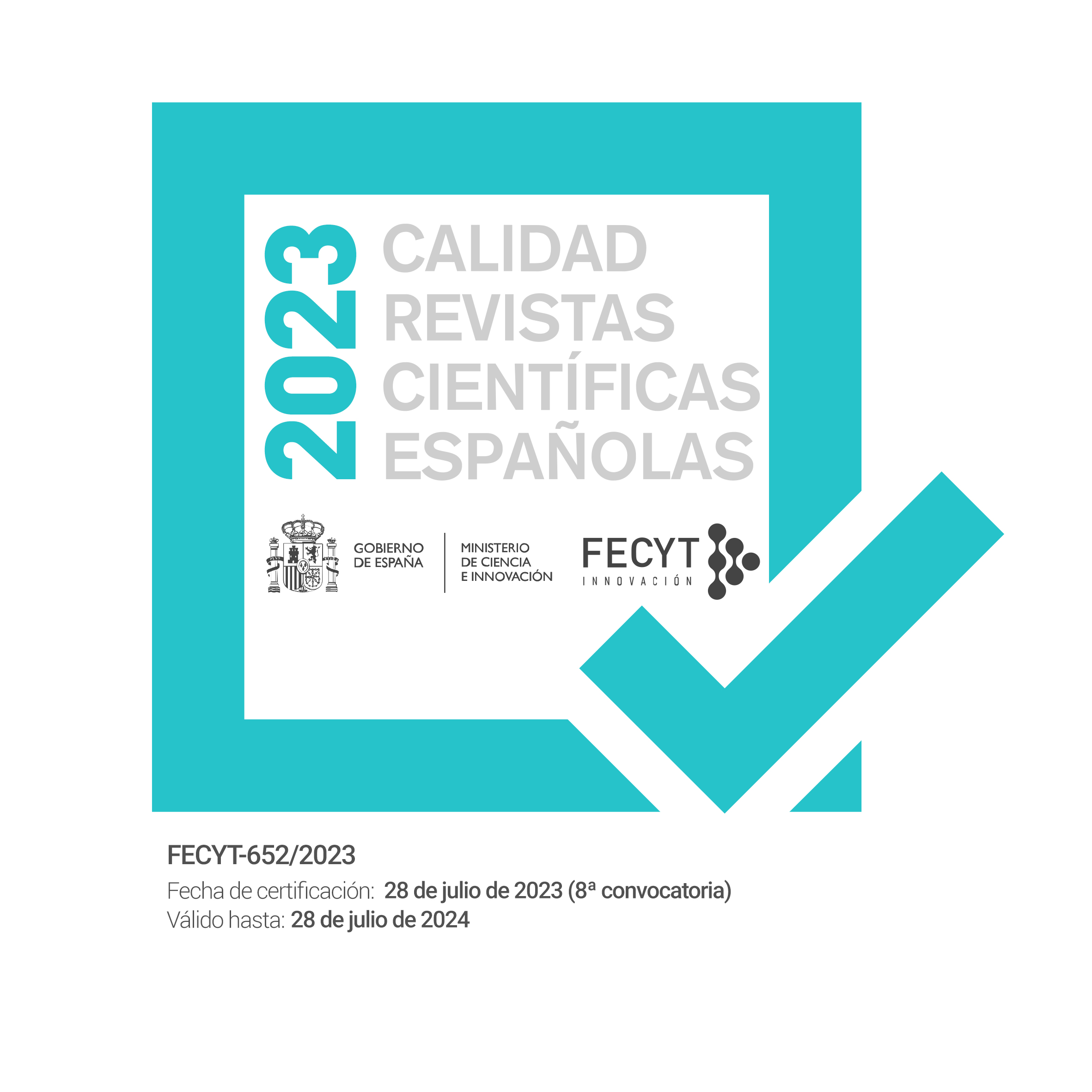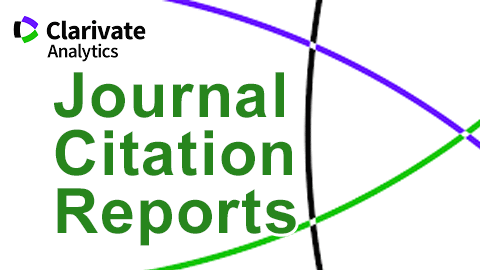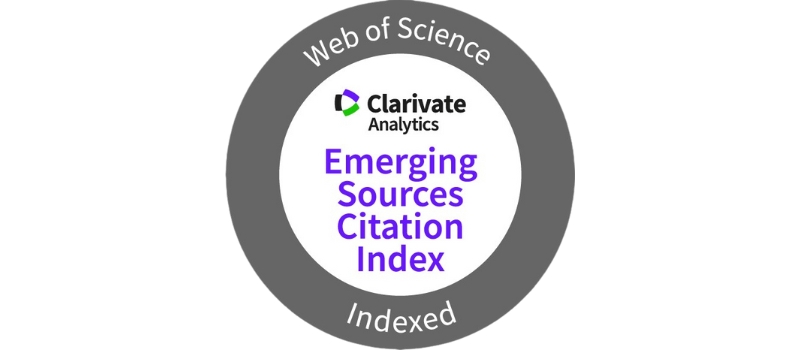Categorizing goals in L2 learning in methodological implications: A case study
Palabras clave:
Language learning, instrumental/integrative orientation, Spanish contextResumen
Abstract. This research represents an investigation of the goals in L2 learning and attempts to link empirical findings to English language programme planning and pedagogy. Following a critical analysis and evaluation of the most representative research on the topic to date, the results obtained from the empirical analysis carried out with 352 users of English as L2 are explained and discussed in light of the Spanish context.Goals in L2 learning are classified into four different profiles: two traditional ones which account for the «integrative» and «instrumental» reasons, and two new ones, labelled as «discoverer» and «practically minded,» which turned out to be the most representative and illustrative profiles defining the context studied.
The results allow us (i) to question the traditional strict instrumental-integrative dichotomy, (ii) to get a closer and more detailed view of our students Ì goals, needs and interests, and (iii) to propose some implications for the language classroom.
Key words: Language learning, instrumental/integrative orientation, Spanish context.
Descargas
Estadísticas globales ℹ️
|
585
Visualizaciones
|
227
Descargas
|
|
812
Total
|
|
Descargas
Publicado
Cómo citar
Número
Sección
Licencia
Reconocimiento – No comercial (CC BY-NC). Bajo esta licencia el usuario puede copiar, distribuir y exhibir públicamente la obra y puede crear obras derivadas siempre y cuando estas nuevas creaciones reconozcan la autoría de la obra original y no sean utilizadas de manera comercial.
Los autores retienen todos sus derechos de publicación y copyright sin restricciones.










